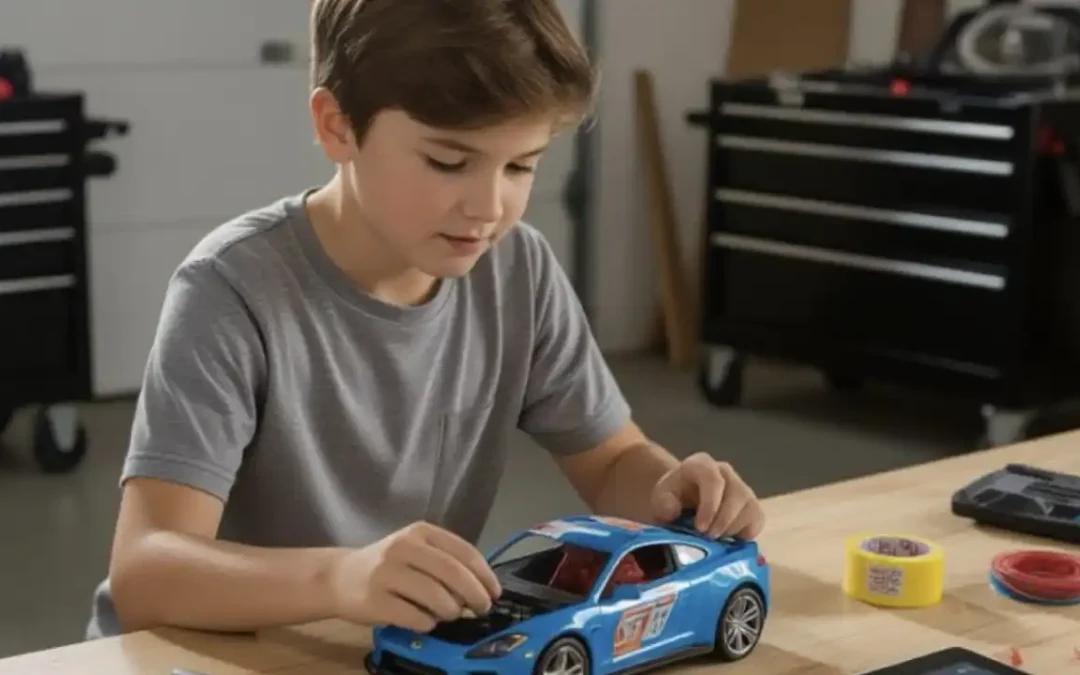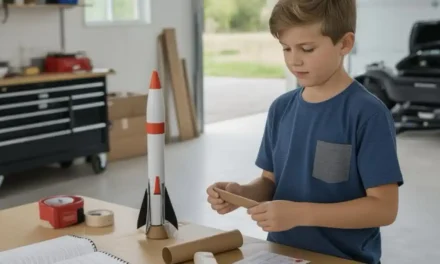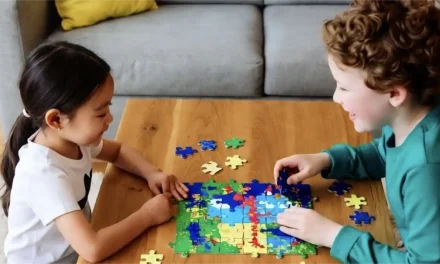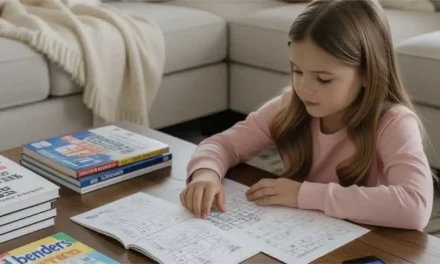
Creating Value as a Producer: Think Beyond Yourself
P
urpose doesn’t end with personal goals. It deepens when kids realize their actions affect others—and their ideas can outlast them. Whether helping a friend, mentoring a younger sibling, or building something others will use, children grow stronger when they feel part of something bigger. A sense of legacy doesn’t have to wait for adulthood. It begins when they ask, “Who else can this help?”
One day, my son taught his younger cousin how to tie a knot. Later, I asked, “What made you show him?” He shrugged, then said, “I don’t know. He needed it.” I told him, “You passed on something real.” That night, I found him sketching diagrams of knots for a game he was making. Not just to play—but to share. Something had clicked. Helping wasn’t just a moment. It was a way of shaping the world, one small piece at a time.
Invite your child to notice how their strengths ripple outward. Ask, “What have you learned that someone else might need?” For teens, ask, “What kind of impact would you want to leave?” Let them mentor a younger child, write advice for future students, or imagine something useful they could build or say. These habits teach them that a meaningful life isn’t just about achieving—it’s about contributing. And even early steps toward legacy can give their effort more weight, and their choices more purpose.
Creating Value as a Producer

Creating Value as a Producer: Sharing Creations with the World
Encourage children to share their work publicly. Creative contribution builds confidence, communication skills, and joy.

Creating Value as a Producer: Building Skills to Contribute
Guide children to develop practical skills that matter. Contribution nurtures independence, pride, and a sense of capability.

Creating Value as a Producer: Understanding the Role of a Producer
Teach children they can create value in the world. Understanding purpose and contribution builds confidence and initiative.
Table of contents

Primordial Soup for the Mind: Navigation
Navigate the book Primordial Soup for the Mind.
TIPS
- Highlight when their actions helped someone else.
- Ask them what they’ve learned that others might benefit from.
- Talk about how ideas, actions, and habits can outlast us.
ACTIVITIES
- Mini-Mentor: Have them teach a younger child a favorite trick or skill.
- Future Letter: Write a note to a younger student with tips for next year.
- Impact Hunt: At dinner, ask, “Whose life did you improve today?”
EXAMPLE
When my daughter created a guide for her younger cousin’s first day of school, she lit up. “Now she won’t feel lost like I did.” That moment changed how saw her own experience—something to give, not just to have.

Download “Primordial Soup for the Mind: A Parent’s Guide to Nurturing Intellectual Growth”
Enter your information to get this article and hundreds more as part of the FREE book Primordial Soup for the Mind.
Share your thoughts with the Thought Academy community in the Comments section below.

Sharpen those skills!
Enter your information to get our FREE practice exercises so you can hone your critical thinking and reasoning skills!







0 Comments